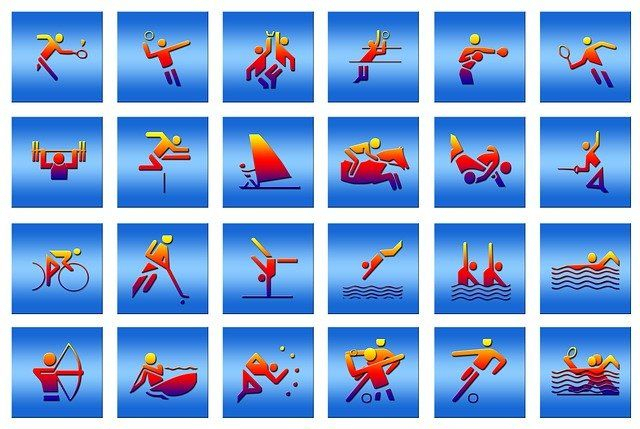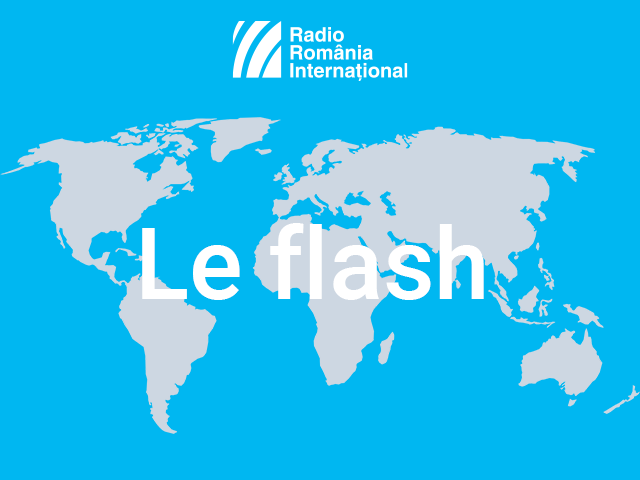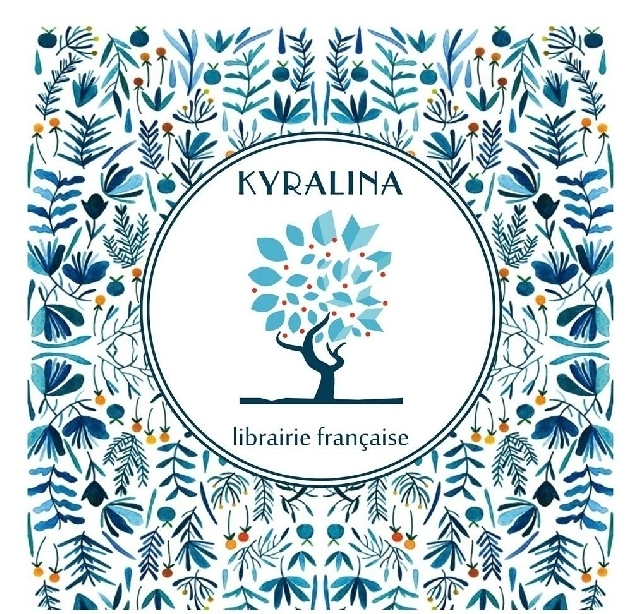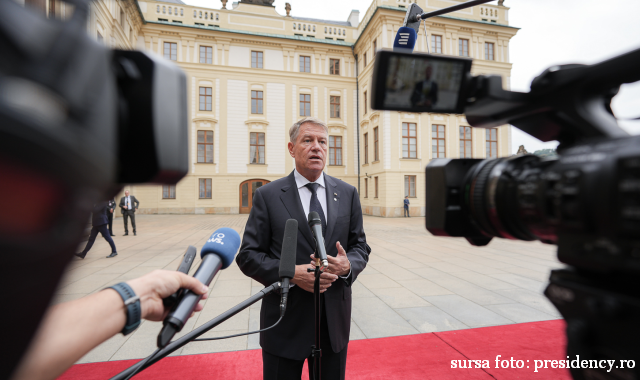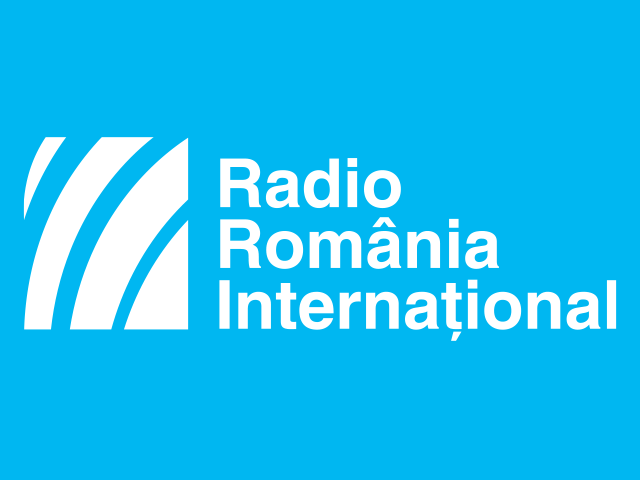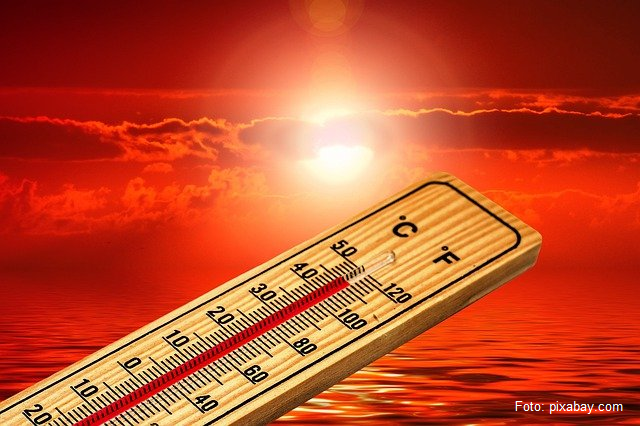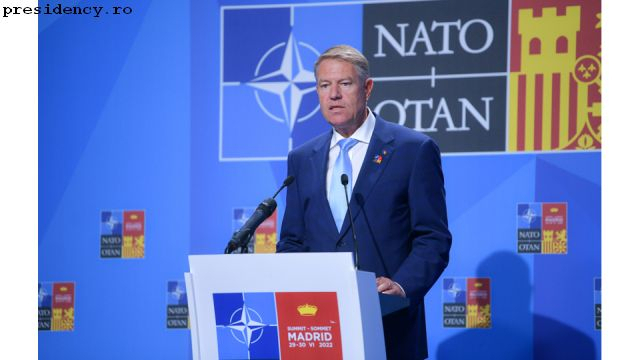Bruxelles – Le ministre roumain des AE, Bogdan Aurescu, participe, aujourd’hui, à Bruxelles, à la réunion des chefs des diplomaties des Etats membres de l’UE – Conseil Affaires Etrangères. A l’agenda figurent la lutte contre les effets de l’agression de la Russie contre l’Ukraine, la situation en République de Moldova dans ce contexte – sujet introduit à l’ordre du jour des pourparlers à la demande de la Roumanie, la situation en Iran, des aspects relatifs aux droits de l’homme, les évolutions dans le voisinage au sud et la situation en Tunisie. En marge du Conseil des Affaires Etrangères, une réunion informelle sur l’avenir du Partenariat oriental est également prévue. Il s’agit d’une initiative du ministre Aurescu et de ses homologues de République Tchèque, Suède et Pologne, qui censée esquisser une position claire et unitaire de l’UE au sujet de l’avenir du Partenariat à l’est et générer des idées visant à le revitaliser, d’une manière pratique et efficace. Egalement aujourd’hui les ministres des AE des Etats du Partenariat à l’est se réunissent en compagnie du ministre roumain Bogdan Aurescu et les ministres des AE des Etats membres de l’UE et des homologues des Etats partenaires – Arménie, Azerbaïdjan, Géorgie, République de Moldova et Ukraine.
Schengen – Le ministre roumain de l’Intérieur, Lucian Bode a transmis une lettre ouverte à son homologue autrichien, Gerhard Karner, afin d’exprimer sa profonde indignation face au vote de l’Autriche la semaine dernière contre l’adhésion de la Roumanie à l’espace de libre circulation européenne Schengen. Lucian Bode affirme que le responsable autrichien avait fait un jeu politique indigne et exprimé son étonnement quant au changement radical de position de celui-ci, qu’il accuse d’avoir traité les Roumains d’une manière injuste. Lucian Bode est d’avis que le problème de la migration invoqué par l’Autriche ne pourrait pas être imputé à la Roumanie, situation comprises par tous les autres Etats membres. Suite au véto de l’Autriche à l’adhésion de la Roumanie à l’espace Schengen de libre circulation européenne, des fermiers, des syndicats et des hommes d’affaires de Roumanie ont annoncé boycotter les entreprises et les stations service appartenant à des compagnies autrichiennes. La Fédération nationale des syndicats de l’Industrie alimentaire Sindalimenta a déjà décidé de fermer ses comptes dans une banque autrichienne. A Bucarest, les autorités poursuivent les démarches en vue de l’adhésion de la Roumanie à l’Espace Schengen, malgré le vote négatif enregistré lors de la réunion des ministres européens la semaine dernière à Bruxelles. Selon le premier ministre roumain Nicolae Ciucă, les autorités de Bucarest déroulent des consultations avec les institutions communautaires sur l’opportunité de remettre le sujet de l’adhésion de Roumanie à Schengen à l’agenda du Conseil européen du 15 décembre. Entre autres, les responsables roumains évaluent aussi la possibilité de découpler la Roumanie de la Bulgarie dans le processus d’adhésion. Nombre d’Etats européens se sont déclarés extrêmement déçus du veto à l’entrée de la Roumanie et de la Bulgarie dans Schengen.
Programme régional – Le ministère des investissements et de projets européens de Bucarest a reçu le feu vert de la Commission européenne pour le programme régional Bucarest – Ilfov. Celui-ci bénéficie d’une enveloppe totale de 1,4 milliards d’euros et vise principalement la transformation de la région en un espace compétitif par le biais de l’innovation, de la numérisation et des entreprises dynamiques, tout en protégeant l’environnement. La carte de la décentralisation des fonds européens est actuellement complète, précise le ministère des investissements et des projets européens.
Suisse – Le chef de l’Etat roumain Klaus Iohannis reçoit aujourd’hui à Bucarest le président de la confédération suisse, Ignazio Cassis. Les deux hommes doivent évoquer les relations bilatérales et la coopération économique avec un accent particulier sur la stimulation des investissements et l’identification de nouveaux domaines de collaboration. Il y aura aussi un échange d’opinions sur des thèmes d’actualité à l’agenda international, y compris l’évolution de la guerre en Ukraine, les mesures d’appui humanitaire pour la population ukrainienne et les réfugiés, les implications du conflit sur le plan énergétique, ainsi que dans celui de la sécurité alimentaire mondiale. Egalement à l’ordre du jour de la réunion : la coopération roumano – suisse et les perspectives du prochain mandat suisse de membre non-permanent dans le Conseil de sécurité de l’ONU, en 2023 et 2024. Un accord cadre roumano-suisse sera également signé afin de mettre en place la deuxième contribution financière suisse visant à réduire les disparités économiques et sociales au sein de l’UE.
Gaudeamus – Tombée de rideau, dimanche sur la foire du Libre Gaudeamus, un des plus grands événements du domaine, organisé par Radio Roumanie. Cinq jours durant des centaines de lancements de livres ont eu lieux, des débats, des dialogues entre les lecteurs et les auteurs, des ateliers et plein d’autres activités. Somme toute, Gaudeamus a réuni cette année plus de 200 maisons d’édition qui ont proposé plus de 600 événements. Comme d’habitude, le public a été invité à voter le livre le plus convoité de la foire. Cette année, c’est le roman du fameux auteur roumain Mircea Cărtărescu, « Teodoros » qui a reçu ce titre. A remarquer aussi une importante présence francophone à cette édition de la foire Gaudeamus. Plus de détails, après les infos.
Agriculture – Le ministre roumain de l’agriculture, Petre Daea, participe aujourd’hui à Bruxelles à la réunion du Conseil agriculture et pêche (AGRIFISH). A l’ordre du jour de la réunion figurent des aspects importants du secteur agricole roumain : la situation du marché, les plans stratégiques de la Politique agricole commune, le bien-être des animaux, les possibilités de pêche en 2023, les indications géographiques, l’utilisation des pesticides. Les ministres évoquent également les progrès enregistrés dans la mise en application de la nouvelle stratégie de l’UE relative aux forêts pour 2030 et auront un échange d’opinions sur les actions entreprises au niveau de l’UE et au niveau national. Ils doivent également débattre de la situation actuelle du marché dans les Etats membres, dans le contexte de la guerre déclenché par la Russie contre l’Ukraine, analysant les principales problématiques qui visent la crise énergétique et celle des engrais, les prix élevés des facteurs de production ainsi que la pression que la crise exerce tant sur les fermiers que sur les consommateurs. Les plans stratégiques inclus dans la politique agricole commune dans le contexte de la situation actuelle en Ukraine et des nouveaux défis auxquels se confrontent tant le secteur de l’agriculture que celui de la pêche figurent également à l’ordre du jour de la réunion.
Kosovo – L’OTAN et l’UE ont fermement condamné l’attaque perpetrée dans le nord du Kosovo contre une patrouille des forces de l’ordre de l’UE, EULEX. L’Otan, qui dispose d’une mission de 4.000 membres au Kosovo sous mandat de l’Onu, a jugé ces attaques inacceptables. Nous appelons toutes les parties a éviter les provocations et a contribuer au calme et a la stabilité, a tweeté la porte-parole de cette mission Oana Lungescu. Le chef de la diplomatie européenne, Josep Borrell, a condamné ces attaques et a appelé les Serbes du Kosovo a retirer immédiatement les barricades. Le calme doit etre rétabli, a tweeté dimanche M. Borrell, appelant tous les protagonistes a éviter l’escalade. Dimanche, des dizaines de Serbes, protestant contre l’arrestation d’un ancien policier, se sont réunis a nouveau dans la matinée sur des barrages édifiés la veille et qui paralysent le trafic a deux passages frontaliers entre le Kosovo et la Serbie. Plusieurs heures apres la mise en place des blocages routiers, la police a indiqué avoir subi trois attaques successives avec des armes a feu, samedi soir, sur l’une des routes menant a la frontiere. L’ancienne province serbe du Kosovo, en majorité peuplée d’Albanais, a proclamé son indépendance en 2008. Cette proclamation d’indépendance a été reconnue par les Etats-Unis et la majorité des pays de l’UE mais pas par Belgrade qui encourage la majorité serbe du nord du Kosovo a défier l’autorité de Pristina.
Radio – La radio publique roumain accueille aujourd’hui à Bucarest la réunion de la Conférence permanente de l’audiovisuel méditerranéen COPEAM. Y participent des représentants de toutes les radios et les télévisions publiques membres de l’organisation de Croatie, Italie, France, Palestine, Espagne et de Turquie. Radio Roumanie est présente au Comité directeur de la COPEAM dès 2009 et les projets déroulés dans le cadre de ce partenariat ont créé au cours d’une décennie de coopération de nombreuses opportunités d’échanges de programmes radiophoniques et d’expérience pour les journalistes. Météo – Températures à la baisse par rapport au jour précédent en Roumanie pour devenir très réduites sur l’ouest et le nord-ouest et similaires aux moyennes pluriannuelles sur le reste du territoire. Le ciel est couvert et il neige en montagne. Les neiges sont également présentes sur l’ouest, le centre et le nord du pays et d’autres précipitations mixtes (pluie-neige) sont attendues sur le reste du territoire, dont le sud et le sud-est. Les maximas vont de – 2 à 10 degrés.
Budget – Le budget d’Etat et celui de la sécurité sociale doivent être soumis cette semaine au vote du Législatif. Les Sénateurs et Députés tant du Pouvoir que de l’Opposition ont déposé des amendements et les débats ont commencé dans le cadre des commissions spécialisées. Selon le calendrier établi par la direction du Législatif, le vote final est prévu pour jeudi. Le budget d’Etat repose sur une croissance économique de 2,8% et prévoit un déficit de 4,4% du Produit intérieur brut. Les dépenses destinées aux investissements s’élèvent à quelque 22,7 milliards d’euros. Parmi les ministères qui bénéficieront de davantage de fonds figurent la Défense, le Développement, l’Agriculture, les Transports et l’Education. Au pôle opposé, l’Energie, la Justice et la Santé verront leurs budgets diminuer. Parmi les mesures envisagées mentionnons aussi la majoration de 10 % des salaires bruts dans le secteur public, la croissance de 12,5 % du point de retraite et l’augmentation du SMIC à 3 000 lei (610 euros). Dans l’opposition, le parti ultra-nationaliste l’Alliance pour l’Union des Roumains (AUR) a déjà fait part de son intention de déposer des amendements, n’étant pas d’accord avec les projets de budget proposés par l’Exécutif.
Corruption – Le Haut représentant de l’UE pour les Affaires Etrangères, Josep Borrell, a jugé « d’extrêmement inquiétant » le fait que nombre de personnes liées au Parlement européen ont été inculpés en Belgique. La vice-présidente hellène du Parlement européen, Eva Kaili et trois autres personnes ont été inculpées et incarcérées en Belgique dans le cadre d’une enquête visant des faits présumés de corruption impliquant le Qatar. Les quatre ont été accusés d’appartenance à une organisation criminelle, blanchiment d’argent et corruption. Dans l’appartement d’Eva Kaili les hommes de la loi ont trouvé des sacs entiers d’argent selon des sources judiciaires.

